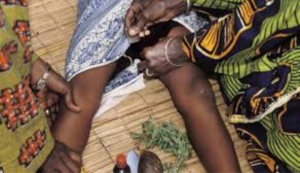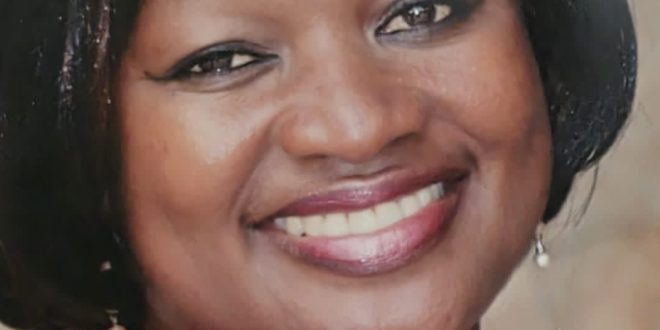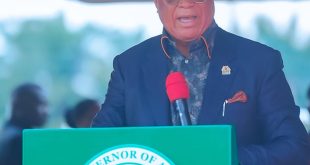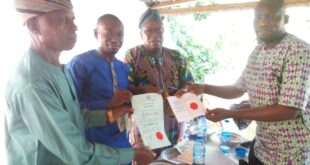By Olayinka Elebute
On February 16, 2016, the serene community of Igbodo in Delta State became the stage for a powerful advocacy and activism event spearheaded by Uche Ndoma Agbor, a victim of FGM herself, who took a bold stand against the harmful practice of Female Genital Mutilation (FGM). The gathering drew community leaders, women’s groups, health workers, and youth organizations, all united by the urgent call to end a tradition that continues to endanger the lives and dignity of countless young girls.
Speaking passionately at the event, Uche described FGM as “a silent violence that robs girls of their bodily integrity, inflicts unnecessary pain, and scars futures.” She emphasized that cultural practices should uplift and protect, not harm. Her words echoed strongly among the audience, many of whom nodded in agreement as she highlighted the physical, psychological, and social consequences of the practice.
The advocacy session combined education with personal testimonies. Medical practitioners explained the long-term health risks—ranging from chronic infections to complications in childbirth—while survivors bravely shared their experiences, shedding light on the lifelong trauma that often follows the procedure. These accounts gave a human face to what has long been dismissed as a cultural norm.

Local youth groups performed drama sketches illustrating the dangers of FGM, urging parents and traditional custodians to embrace alternative rites of passage. The performances drew loud applause and further underscored the community’s growing awareness of the need for change.
Significantly, several traditional leaders present pledged their support for the movement. One elder, Chief Nubushi Ugbede, declared, “Our culture must not be a weapon against our daughters. We must evolve with wisdom.” This declaration marked a turning point, as it suggested that advocacy efforts were beginning to bridge the gap between tradition and human rights.
The event concluded with a call to action: continuous sensitization, community dialogue, and collaboration with government agencies to enforce the national ban on FGM. For many in attendance, February 16th will be remembered as the day Igbodo took a decisive step toward protecting its daughters from a practice long shrouded in silence.
 GongNews … truth in defense of a just society
GongNews … truth in defense of a just society




